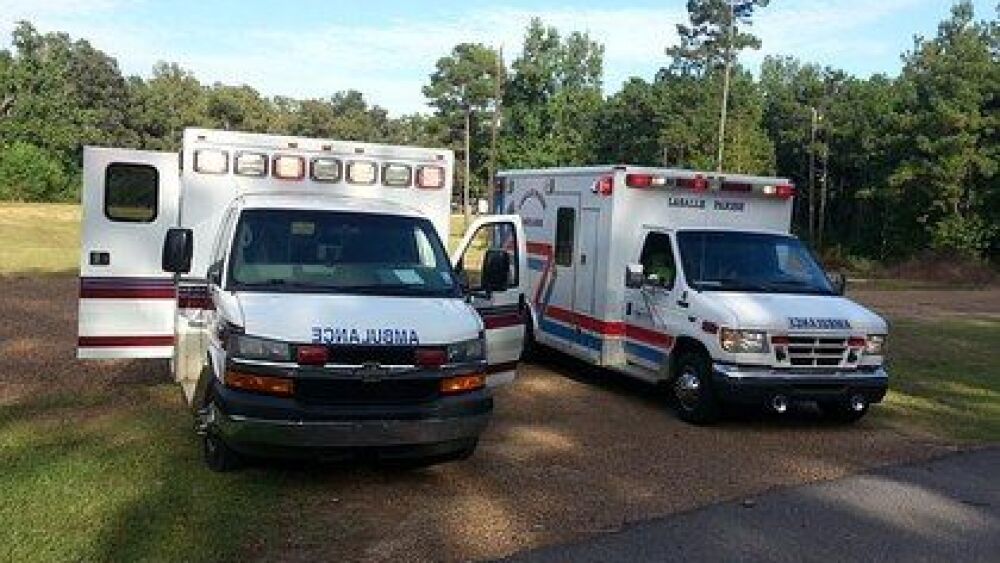By Bill Carey
FireRescue1
WASHINGTON — A national ambulance chassis shortage is leading many in EMS to wonder if they can continue to respond to calls for help.
The problem began in 2020 when the COVID-19 pandemic prevented automakers from getting enough microchips used in manufacturing vehicles, Scripps News Investigates reported.
Ambulance manufacturers build their products on bare chassis purchased from companies like Ford Motor Company and General Motors. The microchip shortage caused a lower production of vehicles using the components of those chassis.
Fire and EMS departments have grown more dependent on older vehicles as the backlog for new ambulances grows. Scripps reported that in 2021, there were a reported 13,540 mechanical failures that prevented ambulance crews from responding, and in 2022, the figure rose 10% to 14,905, according to U.S. Department of Transportation data.
Critics state that the automakers did not prioritize building chassis for emergency vehicles over passenger vehicles.
“Our customers are in dire demand for ambulances. The fact that we know a lot of our customers are running ambulances way past their life expectancy, the reliability of products on the road is very concerning,” Life Line Emergency Vehicles President Randy Smith said.
In 2022, representatives of the nation’s EMS and fire service sent a letter to Secretary of Transportation Pete Buttigieg that called the situation a “crisis” and asked the department to prioritize ambulance manufacturers.
Read more:
When the chips are down: Ambulance chassis availability now at crisis levels
AAA, IAFC, IAFF and NAEMT write to Secretary Pete Buttigieg to restore production levels
U.S. Department of Commerce spokesperson Charlie Andrews told Scripps the supply chain issues are resolved but ambulance manufacturers, EMS agencies and fire departments said they are still unable to place orders for chassis in the volume needed, much less account for a two-year backlog.
Other EMS officials say they see the long delays as a new normal that agencies need to plan for.













